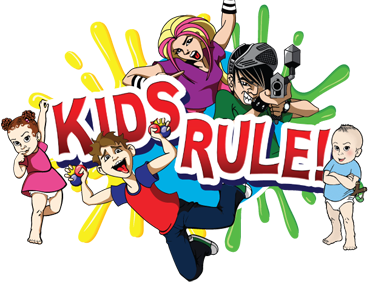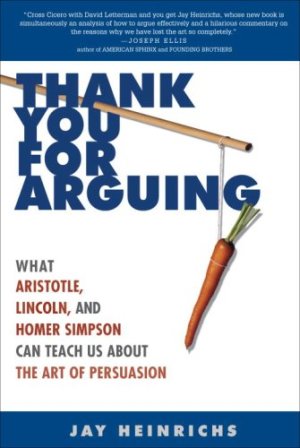LIS-4022 - Audience Analysis, Rhetoric and Style
From Last Time
Functional Language, e.g.
- Law
- Computer Languages
(Speech that DOES, as opposed to speech that MEANS)
(Classic) Advertising?
an interesting one...
wait, is Marketing just
"How to sell people stuff they don't need?"
Advertising Strategy
FLORIDA PEOPLE - are these places not ALWAYS GOING OUT OF BUSINESS?

Classic v. Modern

Classic v. Modern

Why this?

To trick dudes?
Modern Takes on this:
Business Oriented
- "How to Win Friends and Influence People"
- "The 10 Minute Manager"
- Pick-Up Artist (bleh)
- Cosmo
- Buzzfeed
Rhetoric
The art of DELIBERATIVE ARGUMENT

The Art of Persuasion
To win a deliberative argument -
Do NOT try to outscore your opponent.
Try to get your way.
”You never win an argument with anyone
who #$&@'s you or signs your checks.”
What is your goal?
YOUR GOAL: What do you want from the audience?
AUDIENCE: Must be with you on:
Mood
Mind
Willingness to Act
What is YOUR goal?
ISSUE CONTROL
PAST = Blame (forensic)
PRESENT = Values (demonstrative/tribal)
FUTURE = Choices (deliberative/advantageous)
Which is, BY FAR, the most important?
Elements of Rhetoric
- Ethos
- Logos
- Pathos
Definitions
ETHOS – Values/Character/Decorum
LOGOS – Logic
PATHOS - Emotion
ETHOS
Decorum: Are you a trustworthy ally?
Nonverbals
Code Grooming
Identity Strategy
Bragging/Witness Bragging
Tactical Flaw (what's your worst quality?)
Switching Sides
”The Eddie Haskell”
ETHOS
Eunoia (Disinterest)
Reluctant Conclusion
Personal Sacrifice
"Dubitatio"
PATHOS
Belief
- Experience: Refer to theirs, or plant through a story
- Expectation: Make an audience expect something good or bad to generate emotion
Also: Volume Control
Keep Speech Simple here.
PATHOS
Manipulating Emotion
Volume Control
Simple Speech
Passive Voice to redirect anger
Persuasive Emotions:
- Anger
- Patriotism
- Emulation
- Humor
PATHOS: The tricks
Twist a cliche
Weigh both sides
Edit out Loud
Volume Control
Word Invention
LOGOS
Deduction - Apply a GENERAL principle to a PARTICULAR matter
(look for ”commonplaces”)
vs.
Induction - Argument by example - A PARTICULAR matter becomes a GENERAL principle
LOGOS
Framing
General Strategy:
2. Define the issue broadly, using widest values
3. Deal with specific problem/choice using the FUTURE tense
Term change: Use your preferred definition instead of an opponents
Redefinition: Accept opponents term, but redefine it
LOGOS: Logical Fallacies
Welcome to the dark arts.
Learn to identify them. In case of emergency..
..learn to use them...
LOGOS: Logical Fallacies
Fallacy of association "ALL BLANK ARE BLANK"
Appeal to popularity - "EVERYONES DOING IT TOO"
Misinterpreting the evidence
Unit Fallacy - Bad math
Fallacy of Ignorance - if UNPROVEN must be false
LOGOS: Logical Fallacies
Bad Conclusion
Many Questions- Squashes many issues into one
False Dilemma- Offers the audiences two choices when more exist
Fallacy of Antecedent- Assumes the now is exactly like the past
Straw Man- Set up a different issue thats easier to argue
LOGOS: Logical Fallacies
Disconnect Proof and Conclusion
Reductio ad absurdum
Slippery slope
Post hoc ergo propter hoc - confusing temporal correlation w/causation
LOGOS: Logical Fallacies
Inflexible insistence on a rule (God, fingers in ears)
Humiliation - ad hominem
Innuendo - Set out only to debase via implication
Threatening - argumentum ad baculum - denies choice
Nasty language
Utter Stupidity
Backlinks: LIS4022-Slides